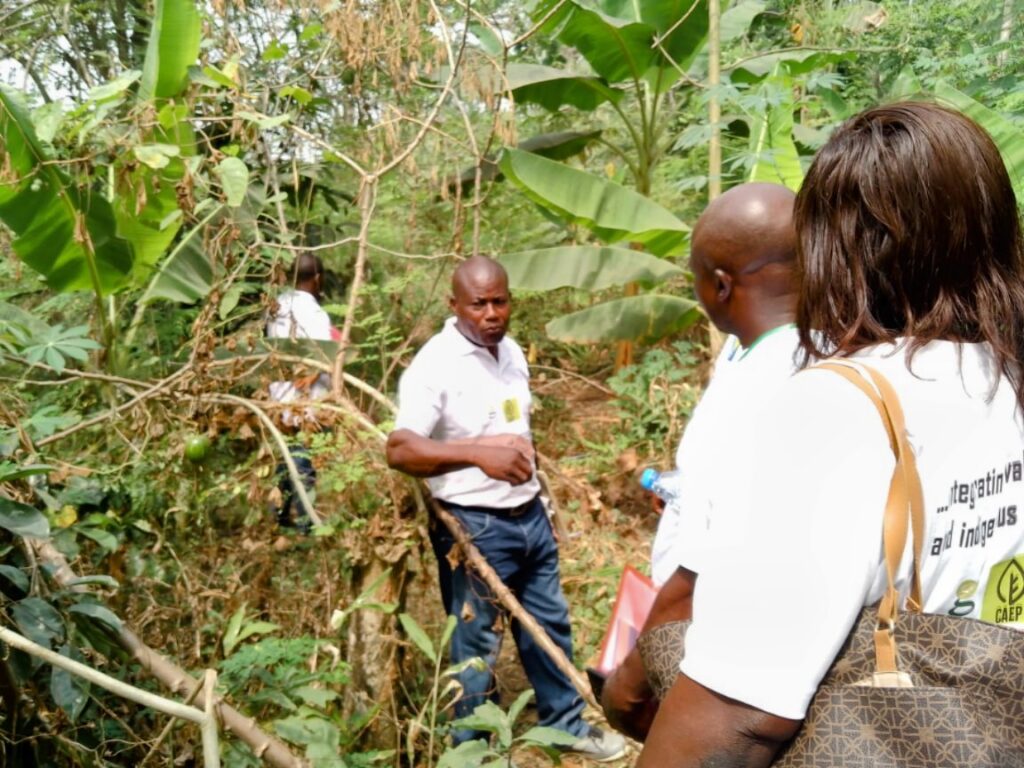Farmers in the South West and Littoral Regions of Cameroon have adopted best practices on organic farming, crop rotation, the development of public-private partnerships and finance mechanisms for agricultural produce.
This was the outcome of a three-day workshop organized by the Centre for Agroecological Promotion, CAEP in Tombel from the 7th to the 10th of February 2024 under the theme, “Scaling up Agroecology; Reviving Traditional Agricultural Practices that Enhance Food Sovereignty, Food Security, and Protection of Biodiversity.”
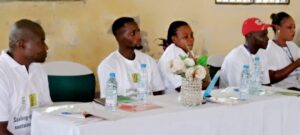
In his keynote address, Eku Emmanuel, the coordinator of CAEP, welcomed participants at the workshop. He said the major objective of their gathering is to scale up agroecology and revive traditional agricultural practices in communities.
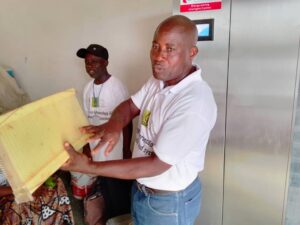
He said agroecology and food sovereignty are crucial for addressing the challenges of food security, nutrition, poverty reduction, climate change adaptation and mitigation, biodiversity conservation, cultural sensitivity, democracy and value of money.
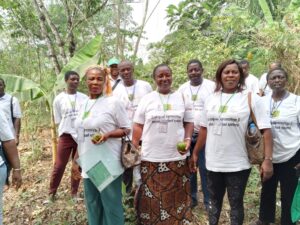
Eku intimated that by adopting agroecological practices, farmers can produce abundant and healthy food sustainably, while preserving the environment and reducing dependence on external inputs.
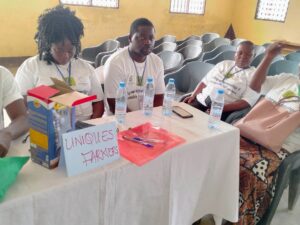
Agroecology Consultant
Samuel Nnah Ndobe, consultant on agroecology and the main facilitator of the workshop highlighted the importance of agroecology for food sovereignty, food security, and biodiversity conservation. He provided insights into the principles and concepts of agroecology.
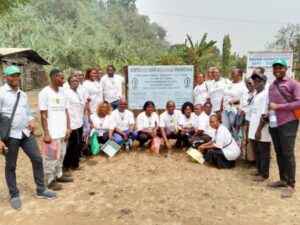
The consultant also talked on public-private partnerships and finance mechanisms for scaling up agroecology. He said these partnerships can facilitate the transfer of knowledge, resources, and technologies between different stakeholders, including governments, private companies, and farmers’ organizations.
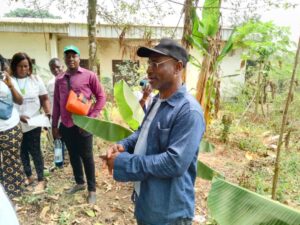
Other modules at the workshop centered on the policy framework and incentives for promoting agroecology. Participants also examined the role of government institutions, Non-Governmental Organizations, NGOs, and international organizations in supporting agroecological initiatives. Additionally, they identified barriers and potential solutions for mainstreaming agroecology.
Field Trip
To crown the workshop, participants visited a field demonstration farm for practicing agroecology and technologies. During the field visit, Nformi Ntunyu Daniel, a participant from CAEP listed and identified crops and animals integrated in one part of the CAEP Moringa –agroforestry demonstration farm. He focused on the importance of agroecology (improved food systems, biodiversity, food sovereignty and improve local economy).
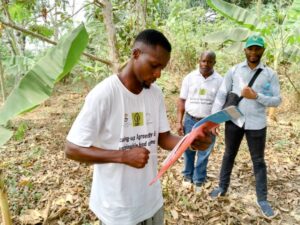
Also Sone Raymond Ebwelle from Wola Multipurpose Farmers Common Initiative Group, CIG from Muaku, Bangem Sub Division talked on beehives installation and integrated farming system.
Ekundime Divine Ngole of the Wola Multipurpose Farmers CIG talked on their various projects to implement with financial support from CAEP.
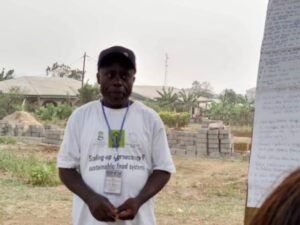
At the end, over FCFA 4.7 million was shared to participated groups within the collaborative partnership; SYNAPARCAM Women Wing from Mbonjoh Souza, Littoral Region, Unique Farmers Cooperative, Tombel, Wola Multipurpose Farmers CIG.
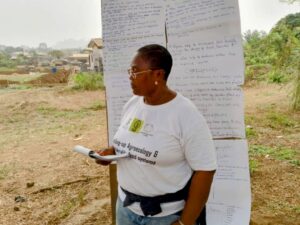
The workshop was sponsored by Global Green Grant Fund.
By Ngome Ernest




